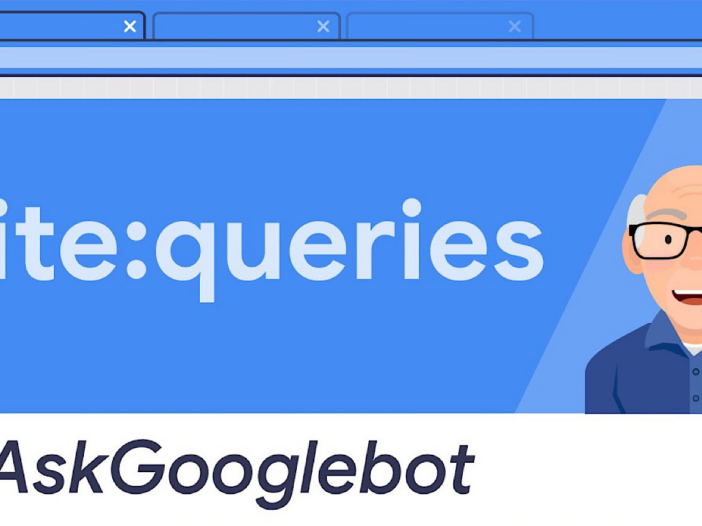
Join this leadership discussion for proven techniques to build long-term relationships and keep your clients coming back.
Discover the latest trends, tips, and strategies in SEO and PPC marketing. Our curated articles offer in-depth analysis, practical advice, and actionable insights to elevate your digital marketing efforts.
In this guide, industry experts explore the challenges and opportunities presented by the onslaught of AI tools, and provide actionable tips for thriving amid these shifts.
Discover the latest trends, tips, and strategies in SEO and PPC marketing. Our curated articles offer in-depth analysis, practical advice, and actionable insights to elevate your digital marketing efforts.
Join three of Reddit’s top executives in this exclusive AMA (Ask Me Anything) to discover how you can tap into Reddit’s unique platform to drive brand growth.
Join this leadership discussion for proven techniques to build long-term relationships and keep your clients coming back.
Google reminds everyone that a site: search is not meant to show all indexed pages on a site.
Google’s John Mueller says the results of a site: query are not a comprehensive collection of all a website’s pages.
This topic is addressed in the latest installment of the Ask Googlebot video series on YouTube.
Specifically, Mueller answers the following question:
“All of my URLs are indexed and when I check in Google one by one, the total number of URLs is 180. But in Google SERP, only 28 URLs show. Why is that?”
This person says all their pages can be found in Google when searching for them individually, but only 28 pages are shown in a site: search.
That may seem unusual, but as we hear from Mueller it’s perfectly normal.
Here’s his response.
Related: An SEO Guide to Advanced Google Search Operators
A site: query is a command that instructs Google to return results from one specific domain.
For example, if you only wanted to see pages from Search Engine Journal, you would type “site:searchenginejournal.com” into Google.
You can take these searches a step further by adding a keyword in front of the site: command. This will tell Google to return results from one domain that are relevant to the keyword in the query.
If you wanted to see articles from Search Engine Journal about Core Web Vitals, for example, you’d type “core web vitals site:searchenginejournal.com” into Google.
While this can be a useful tool to find what you’re looking for, it’s not designed to be used for diagnostics purposes.
Mueller explains:
“The short answer is that a site: query is not meant to be complete, nor used for diagnostics purposes.
A site query is a specific kind of search that limits the results to a certain website. It’s basically just the word site, a colon, and then the website’s domain.
This query limits the results to a specific website. It’s not meant to be a comprehensive collection of all the pages from that website.”
If you know you have 100 indexed pages, but a site: search only returns 50, there’s no reason to be concerned.
For an accurate look at how many pages of your Google is able to index, use Search Console.
The Index Coverage report in Search Console will show exactly which pages are indexed, and which pages (if any) have errors that prevent indexing.
Mueller continues:
“If you’re keen on finding out how many pages google has indexed from your website, then use Search Console instead.
Google Search Console is a free tool you can use to get more information about how Google Search sees your website.
Within Search Console you can see how your pages are shown in search, as well as the number of pages that are currently indexed.
In short, don’t worry about the counts shown in a site: query. Use Search Console instead.”
For complete details on how to use Search Console’s Index Coverage report, see this explainer:
If Google is not able to index any of your pages, this report will tell you why. Then you can fix the issue and use the same report to re-submit the URL for indexing.
See the full video below:
Matt G. Southern, Senior News Writer, has been with Search Engine Journal since 2013. With a bachelor’s degree in communications, …
Conquer your day with daily search marketing news.
Join Our Newsletter.
Get your daily dose of search know-how.
In a world ruled by algorithms, SEJ brings timely, relevant information for SEOs, marketers, and entrepreneurs to optimize and grow their businesses — and careers.
Copyright © 2024 Search Engine Journal. All rights reserved. Published by Alpha Brand Media.